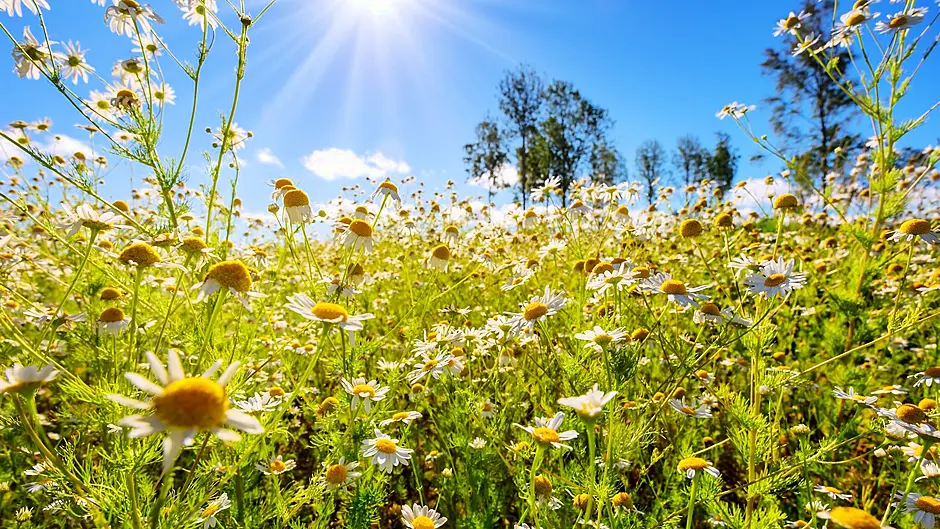Weather-wise, we’ve all enjoyed a bumper May, with the weather only breaking now. The chief reason for these balmy days has been a steadfast area of high pressure, the ‘Omega Block’
BY VINCENT O’SHEA, Meteorologist
While we are urged to conserve water, and hose-pipe bans were in place over a few counties, elsewhere people were concerned about possible drought setting in.
This Emerald Isle has the privilege of an abundance of rainfall fairly evenly distributed geographically and throughout the year.
However lengthy dry spells can occur at any time and when they coincide with summer months, we may see difficulties arise.
The winter meteorological months – December, January and February- had near-normal rainfall although slightly above here in West Cork.
March was very dry countrywide, and especially so here in the south where we barely got 25% of the average rainfall; surprisingly, April was generally above average, and varied a lot even within Cork.
For example, Sherkin Island’s weather station recorded 60 mm, whereas Roches Point had 110 mm (one-and-a-half times the norm).
However, May thus far has been exceptionally dry. Apart from isolated thunderstorms in north Cork, we here in the far south have had less than 5% of what is typical.
Met Éireann’s latest farming commentary reports the past fortnight to be very dry, and was heading for an absolute drought, which is defined as 15 consecutive days getting less than 0.2mm.
With soil temperatures in the mid-teens, it did report good grass growth.
Soil moisture deficits were running at around 50mm, which means that much rainfall would be required to bring the ground back to saturation levels.
The forecast did, however, warn of growth becoming restricted.
It should also be remembered that more prolonged dry spells have affected Ireland in recent decades.
Obvious ones were those of 1976, 1983 and 1995; these years were exceptional, causing grass to completely wither brown, and many crops failed due to lack of water.
Because climate change is now a reality worldwide, and given the weather extremes (including droughts) in tropical countries, we are conscious of our own food security, should the dry spell persist though this summer.
Much of our fruits are imported from those places, and it is important we remain self-sufficient in growing our own. The present dryness is compounded by high solar radiation, producing high evapotranspiration in plants, given we are approaching the summer solstice. Botanists warn against watering during baking midday sunshine hours, as cold water shocks the roots and stems due to expansion and contraction; the best times to hydrate are around sunset.
It seems a contradiction to many when they are asked to conserve water in a country like Ireland, but we mustn’t forget that our public water supply was enabled when the population of this Republic was less than 3 million; we now have nearly 5.5 million people to serve.
The shortages are most acute in our larger cities, where the feed is obtained from reservoirs.
For example, plans are afoot to divert part of the Shannon towards Dublin to ameliorate the shortfall.
As I write, there are clear signs of a break, or at least an interruption, in the weather this weekend, when some rain is expected.
For my part, I do believe this is little cause for concern at least in the short-term regarding drought.
We have survived much lengthier dry spells in the past.









